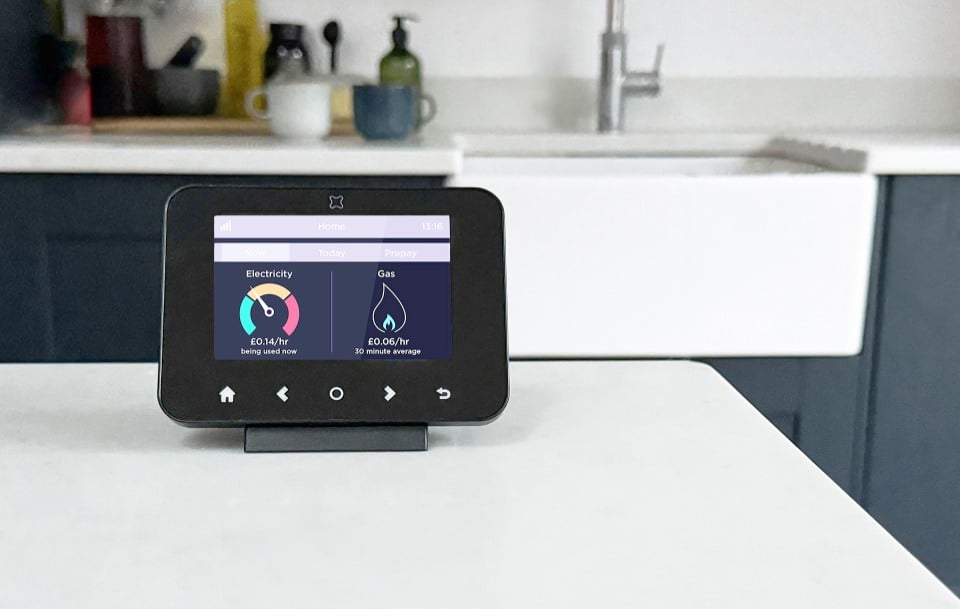Ofgem has given Western Power Distribution (WPD) the green light to access domestic smart meter consumption data, which the distribution network operator (DNO) says will enable it to tackle “the increasing challenge” of embedded generation on its low voltage (LV) network.
The data privacy plan approved by the regulator will allow WPD to collect and process the smart meter data relating to a period of less than one month under conditions agreed between the two.
This includes ensuring that the data ceases to be capable of being associated with single customers at their properties, which will be achieved by aggregating customer data up to the local substation level. This means WPD will also not hold any individual’s information.
Ofgem was also convinced by WPD’s assurances that the planned use of this smart meter data “favourably compares to the use of traditional electricity consumption data” and would yield benefits.
In a statement to Current± WPD said the decision would allow it to better address issues around the rise of low carbon technologies, such as heat pumps and electric vehicles, such as the potential to “significantly increase” the loading on localised sections of LV network.
“Widespread embedded generation means that voltage regulation is becoming an increasing challenge, along with managing two-way power flows. The additional functionality and information available from the implementation of smart meters represents a significant opportunity for DNOs to better understand the impact of this and address these challenges,” the DNO said.
The approval from Ofgem will allow WPD to more fully take advantage of the half hourly meter readings and consumption data made possible by the roll-out of SMETS2 meters in residential properties; currently, the DNO only has access to quarterly data.
The statement continued: “To realise the benefits of smart metering data, we need to be able to link half hourly meter readings to the feeder to which they relate in order to generate a load profile for that feeder.”
This “time of day load data” will be used across a range of infrastructure decisions, such as the prioritisation of transformer replacement or deciding which smart solutions can be applied to manage load and when they are needed in place of costly reinforcement.
Ofgem took external advice from the Department of Business, Energy and Industrial Strategy (BEIS), the Information Commissioner’s Office (ICO) and Citizens Advice before signing off on the plan, which also promises that data will not be used for marketing purposes or sold to third parties.
However there remains scope to change the terms of the agreement over time in the event of changes in law, issues with data privacy or government policy.






